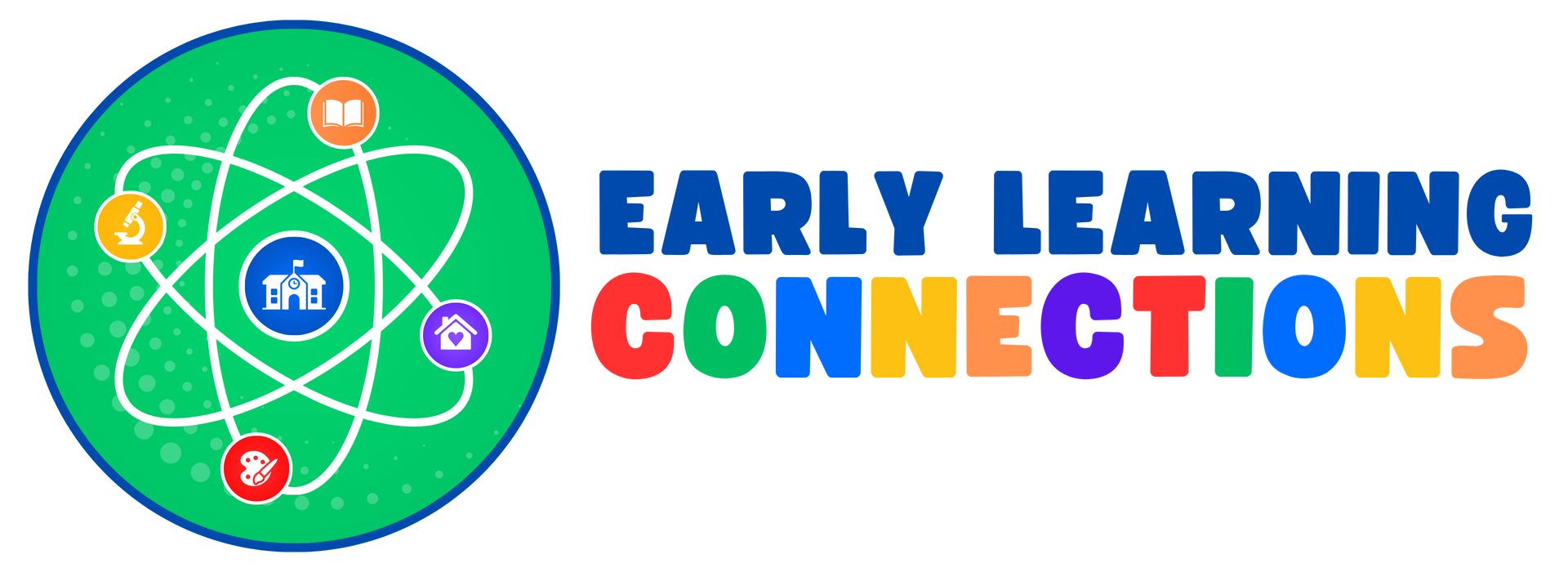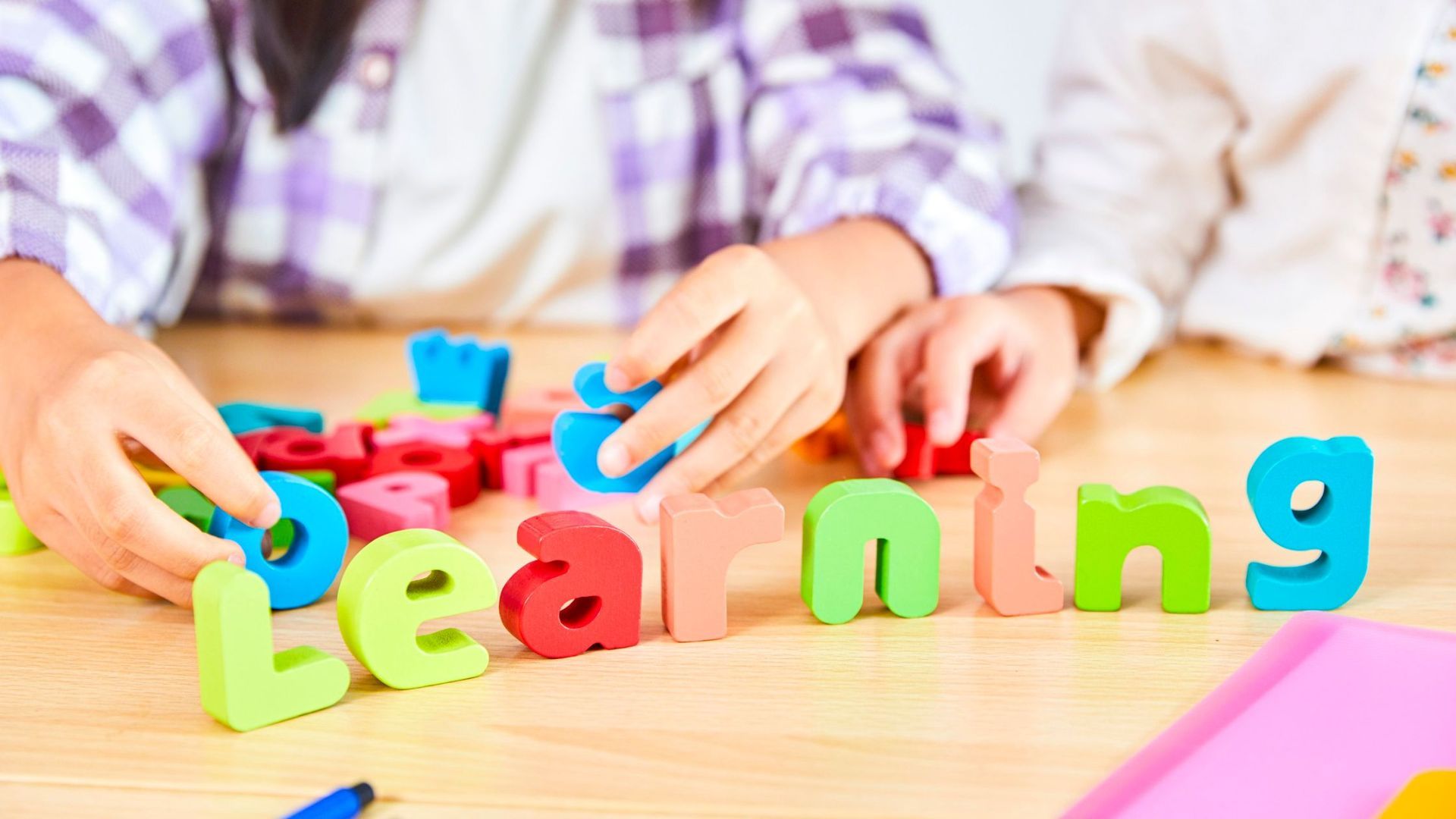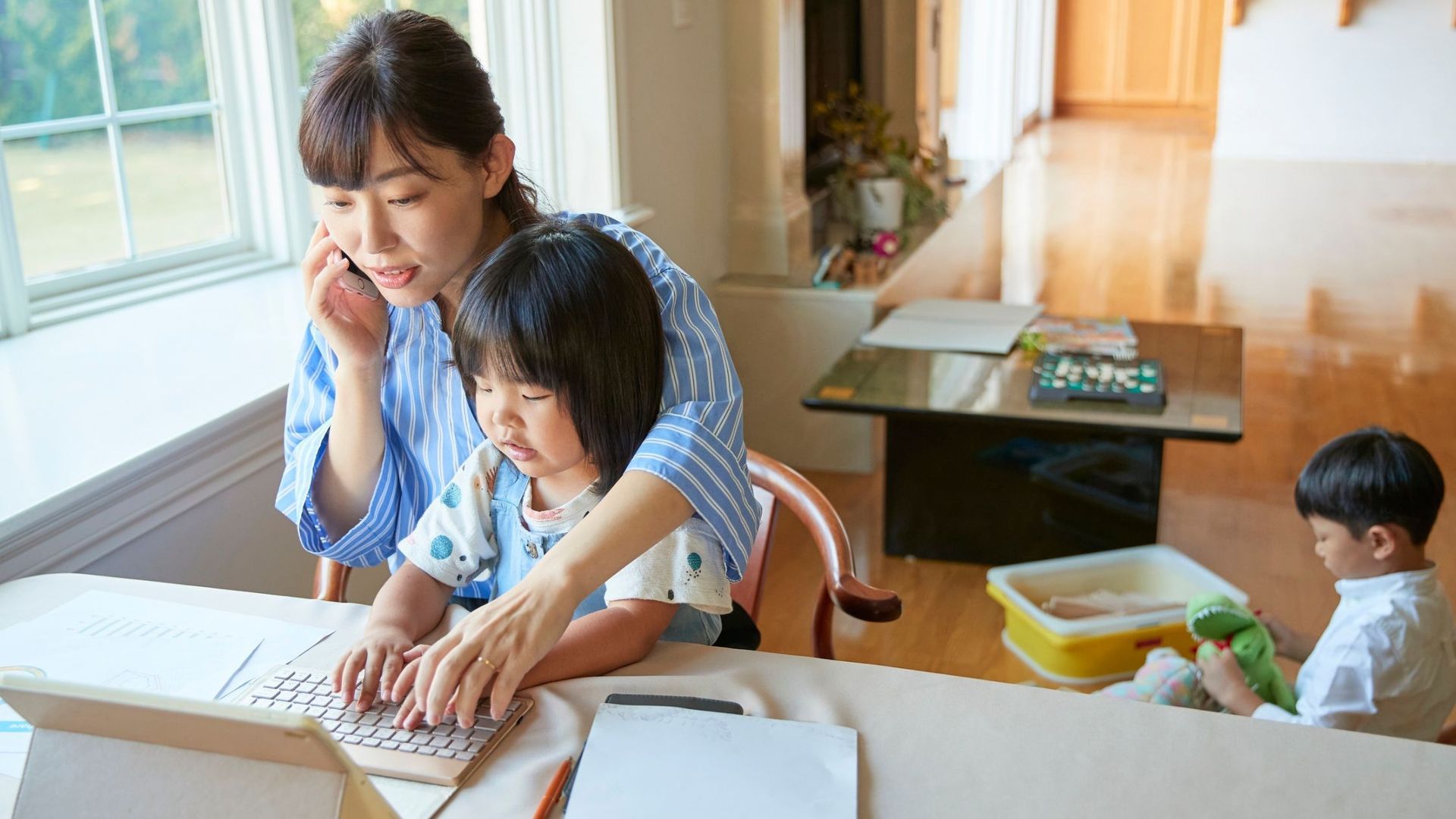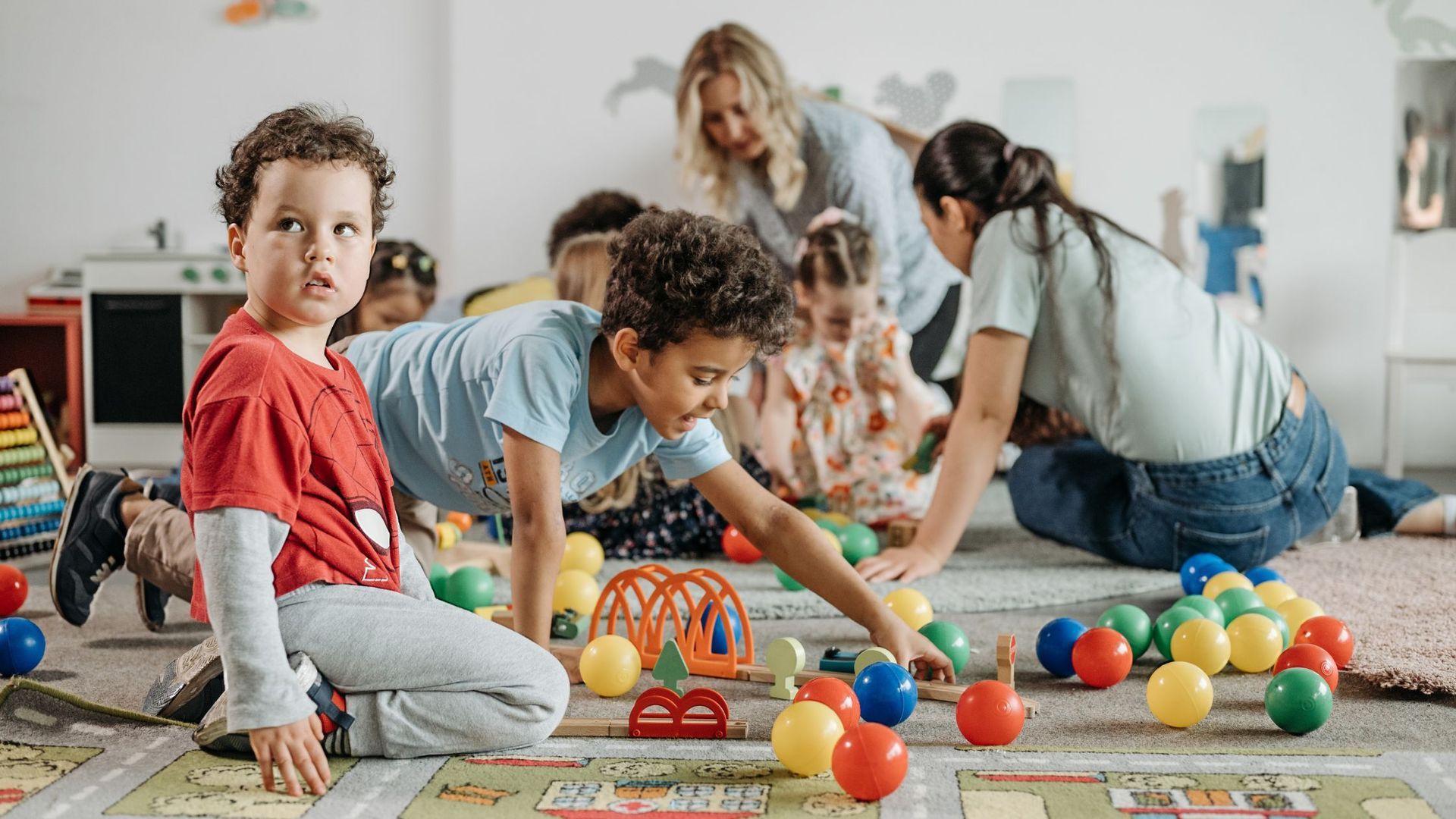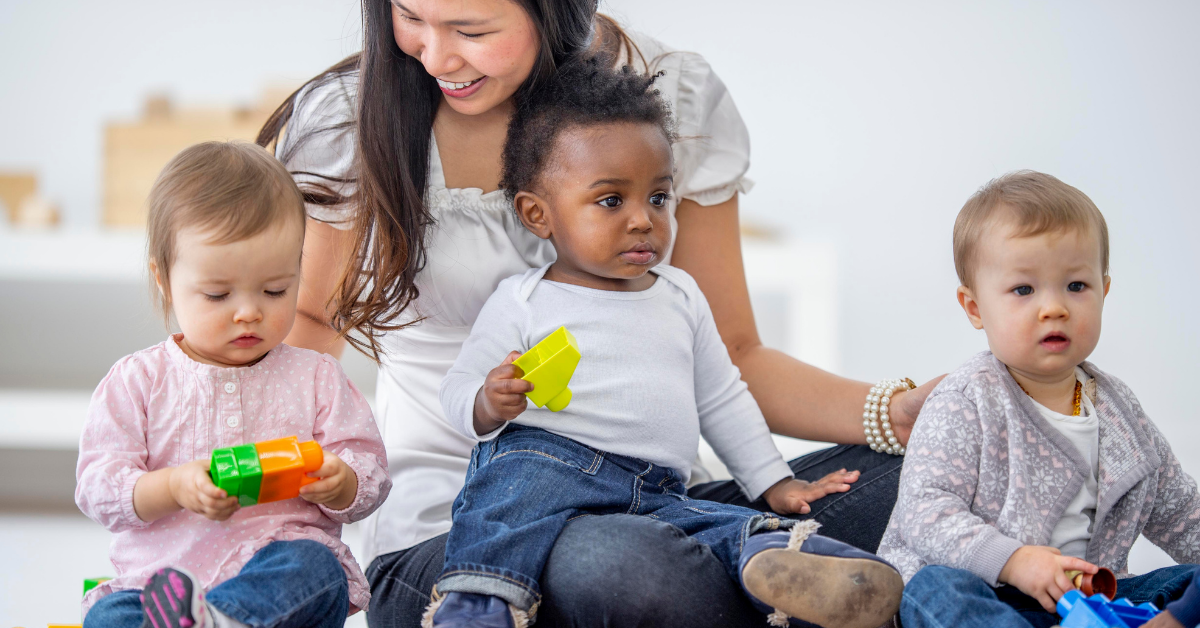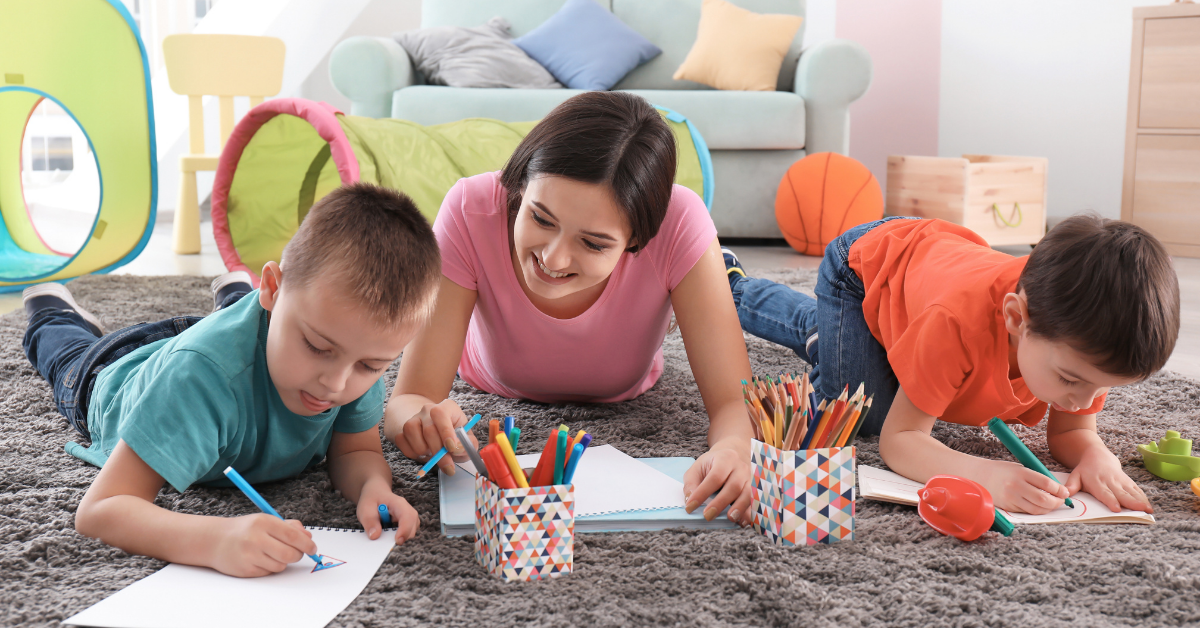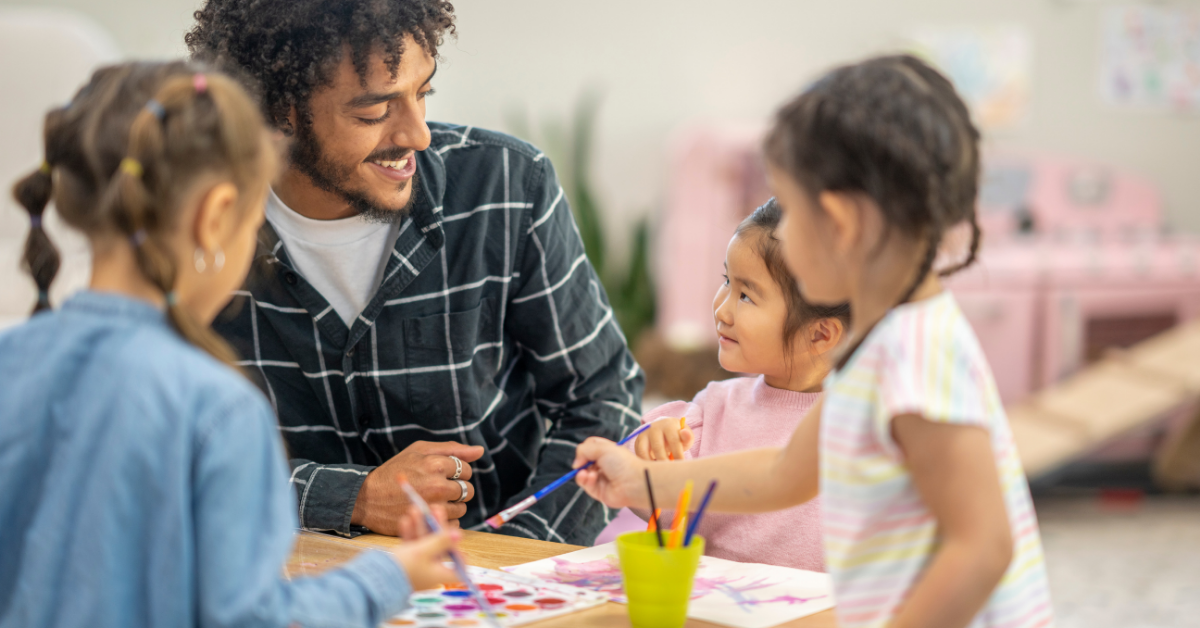The Importance of Sensory Play in Early Childhood

Sensory play is a fundamental part of early childhood development, helping children explore the world around them through touch, sight, sound, taste, and smell. It enhances cognitive growth, fine and gross motor skills, language development, and problem-solving abilities. By engaging in hands-on experiences, children build connections in their brain that support future learning and emotional resilience. Here’s why sensory play is essential and how to incorporate it into daily life.
Boosting Brain Development Through Sensory Play
Engaging children in sensory activities strengthens neural pathways and supports cognitive development.
- Encourages curiosity and exploration – Sensory play allows children to discover textures, temperatures, and properties of different materials.
- Improves memory and problem-solving – Hands-on experiences help children retain information and develop logical thinking.
- Supports early mathematical concepts – Sorting, measuring, and pattern recognition arise naturally in sensory play.
The more children engage in sensory experiences, the stronger their cognitive skills become.
Enhancing Fine and Gross Motor Skills
Sensory play strengthens both fine and gross motor skills essential for everyday tasks.
- Fine motor skill development – Activities like scooping rice, pinching playdough, and threading beads improve hand-eye coordination and dexterity.
- Gross motor skill engagement – Running through sand, jumping in leaves, and pouring water encourage whole-body movement.
- Preparation for writing skills – Strengthening finger muscles through sensory play aids in gripping pencils and improving handwriting.
Through play, children develop coordination and muscle strength that assist with daily activities.
Encouraging Language and Communication Skills
Sensory play offers opportunities for children to expand their vocabulary and enhance communication skills.
- Learning descriptive words – Children learn to describe textures, shapes, and colors as they engage in sensory exploration.
- Enhancing storytelling and expression – Playing with materials like water, sand, or mud encourages creative storytelling and role-playing.
- Supporting bilingual and early literacy development – Engaging the senses reinforces language comprehension and word association.
The more children talk and describe their sensory experiences, the richer their language development becomes.
Supporting Emotional Regulation and Social Skills
Sensory play provides an outlet for self-expression and helps children manage their emotions.
- Reducing stress and anxiety – Playing with calming materials like kinetic sand or water soothes and relaxes children.
- Teaching patience and cooperation – Group sensory activities encourage children to take turns and share.
- Building confidence through exploration – When children engage in self-directed play, they develop independence and resilience.
By integrating sensory play into daily routines, children learn how to process emotions and navigate social interactions.
Simple Sensory Play Activities for Every Age
Sensory play can be incorporated into everyday activities using simple materials.
- Infants: Tummy time on textured fabrics, water play with different temperatures, and exploring safe household objects.
- Toddlers: Finger painting, sensory bins with rice or pasta, and playing with scented playdough.
- Preschoolers: Mixing baking ingredients, digging in a sandbox, and creating nature collages with leaves and flowers.
These activities encourage discovery and learning in a fun and engaging way.
Creating a Sensory-Friendly Environment
Providing a space for sensory play at home or in the classroom enhances learning opportunities.
- Set up a sensory corner – Designate an area with different textured objects, soft lighting, and calming sounds.
- Rotate materials regularly – Introduce new textures, scents, and objects to maintain engagement and curiosity.
- Use everyday household items – Rice, beans, sponges, and water can be transformed into exciting sensory experiences.
A well-planned sensory environment encourages independent exploration and creativity.
Just as reading fosters language and cognitive skills , and proper nutrition fuels brain growth , sensory play engages multiple senses to support holistic early childhood development.
Conclusion
Sensory play is a vital part of childhood that supports physical, emotional, and cognitive development. It fosters problem-solving skills, creativity, and language growth while helping children regulate emotions and engage with their surroundings. By incorporating sensory activities into daily life, parents and educators can create enriching experiences that lay the foundation for lifelong learning.
Encouraging sensory play at home and in early learning environments provides children with the tools they need to grow into confident and capable individuals.
